Question And Answer
Publications
Articles, publications, books, tools and multimedia features from the U.S. Institute of Peace provide the latest news, analysis, research findings, practitioner guides and reports, all related to the conflict zones and issues that are at the center of the Institute’s work to prevent and reduce violent conflict.
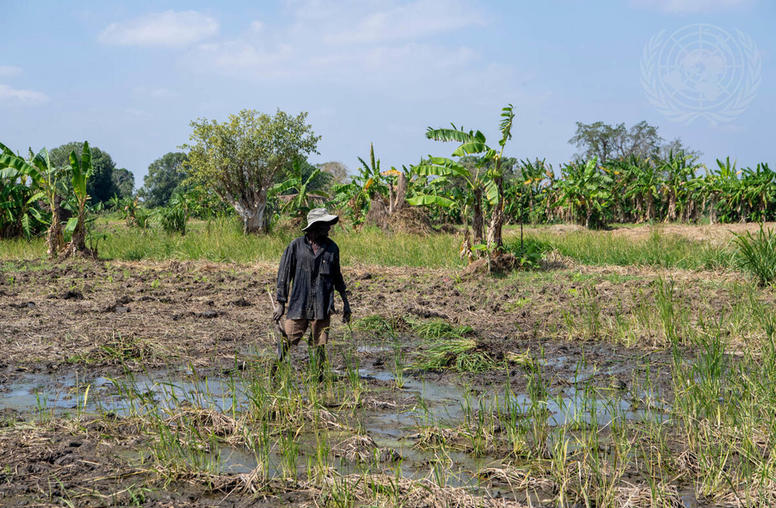
Mozambique’s Crisis Requires a New Playbook to Fight Extremism
Over the past three years, a local Islamist insurgency in the northern Mozambican province of Cabo Delgado has grown in strength and viciousness, developing ties with international terrorist groups and threatening one of the world’s largest natural gas projects. The insurgency is turning Cabo Delgado into a killing field.
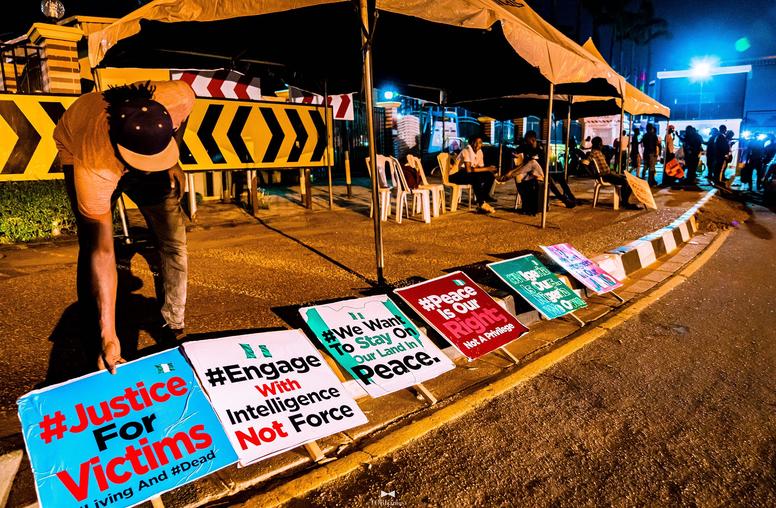
When the World Moves On: What’s Next for Nigeria’s EndSARS Movement?
This week, protesters once again filled the streets of several Nigerian cities as activists called for “Phase II” of the #EndSARS protests that rocked the country in October. While the protesters’ initial grievances focused on police violence by the country’s Special Anti-Robbery Squad (SARS), many in the movement have since expanded its aims, criticizing government corruption, with some calling for the resignation of President Muhammadu Buhari. While the initial protests seemed to have faded after the army opened fire on peaceful protesters at the Lekki Toll Gate plaza in Lagos, the underlying grievances of the protesters remain unresolved.
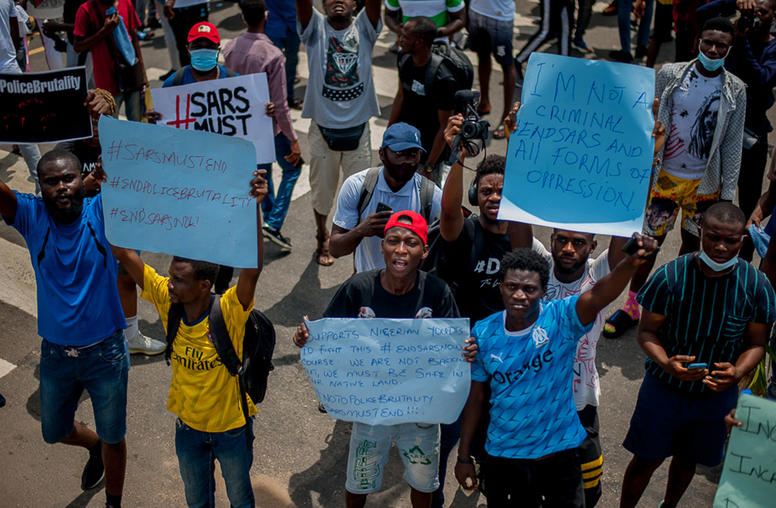
Nigeria's Security Failures: The Link Between EndSARS and Boko Haram
At first glance, the October state-led killings of protesters in Nigeria’s largest city, Lagos, seem to have little in common with the November Boko Haram massacre of at least 43 farmers in Nigeria’s northeast, or the December 11 abduction of hundreds of school students in Katsina State. With vastly different circumstances, motivations, and perpetrators—and separated by hundreds of miles—all three episodes could easily be recorded as just further tragic installments in Nigeria’s long history of violence. However, these incidents underscore the wider failure of the state to provide security for its citizens, only deepening the trust deficit felt by Nigerians.
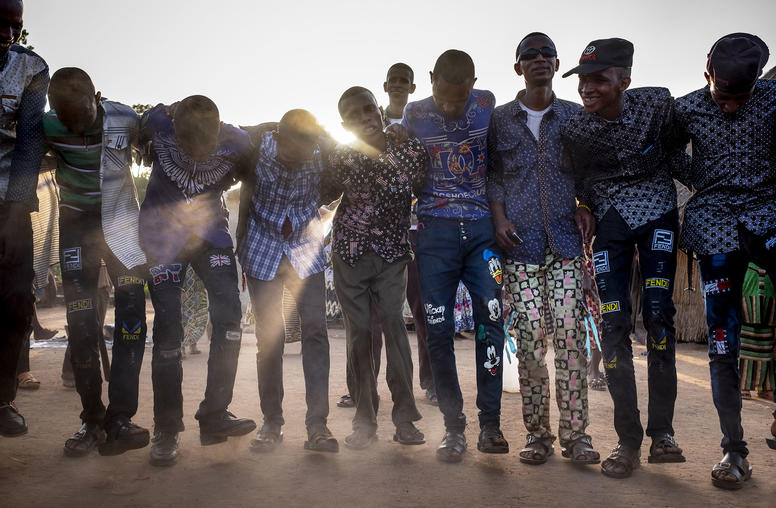
Central African Republic: A Role for Religious Leaders in Calming Conflict?
Presidential and legislative elections loom large in the Central African Republic (CAR) amid high tension and spikes in violence. CAR’s religious leaders have been on the frontlines of efforts to calm tensions ahead of polls opening on December 27. From religious leaders in the capital to those at the grass roots, they have made their voices and positions clear. The question, therefore, is not if religious leaders are crucial actors in conflict stabilization and peace efforts in CAR: They already are. Rather, policymakers and practitioners should be unpacking these leaders’ experiences—past and present—and asking how to strengthen their role as peacebuilding partners in the immediate post-electoral context and longer-term.
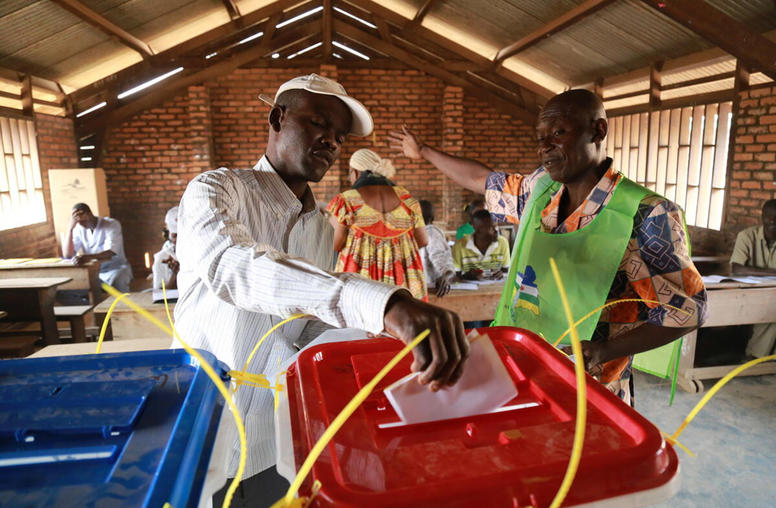
Central African Republic’s Disputed Elections Exacerbate Rising Tensions
After an election period marked by violence and rising tension, the Central African Republic’s (CAR) incumbent president, Faustin Archange Touadéra, has been re-elected, according to the country’s election commission. Days before the vote, a disparate medley of armed groups coalesced to demand the vote be postponed. Since the polls’ closing, there has been a serious spike in violence with fighting in many major towns. The political opposition as well as the newly formed armed coalition have rejected the results and have demanded a re-run election. USIP’s Elizabeth Murray and Rachel Sullivan explain what led to rising violence in the weeks before the polls, what it means for the floundering 2019 peace agreement, and where the international community stands.
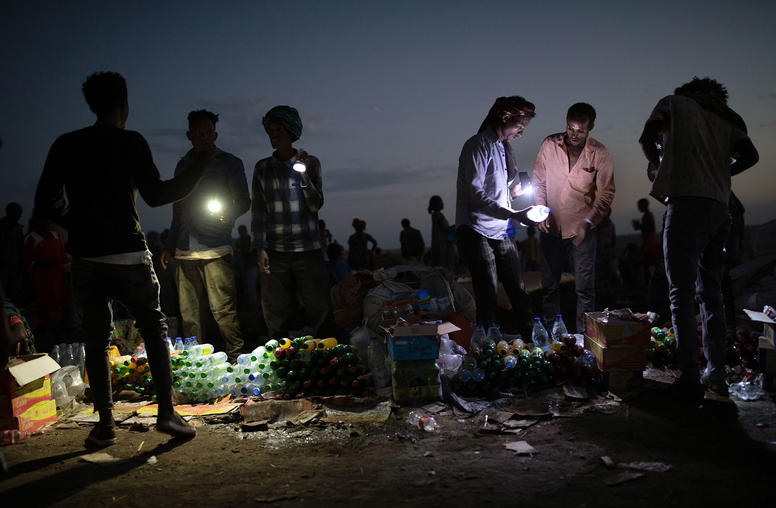
Ethiopia’s Worsening Crisis Threatens Regional, Middle East Security
The Gulf Arabs recognize a strategic reality that has eluded the stove-piped U.S. foreign and security policy bureaucracy for too long: The Horn of Africa is an integral part of the Middle East’s security landscape, and increasingly so. No country demonstrates this more clearly than Ethiopia. That country’s escalating internal crises pose an increasingly grave threat not only to the country’s citizens but to international peace and security and to the interests of the United States and its partners in the Middle East, principally Egypt, Saudi Arabia and the United Arab Emirates (UAE).
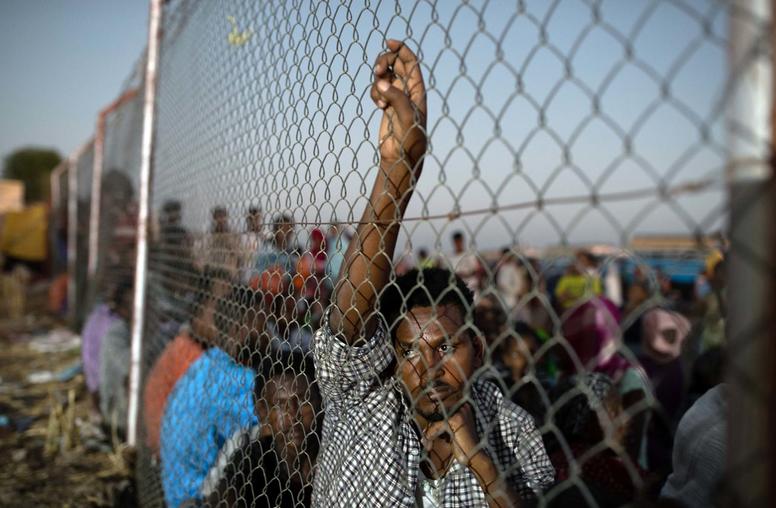
Could a National Dialogue Solve Ethiopia’s Political Crisis?
While the recent conflict in Tigray renewed international focus on Ethiopia, more challenges lie ahead, including elections now scheduled for June 5. The state of Ethiopia’s political transition is contested, and the country remains polarized. However, as Ethiopian scholars Emebet Getachew, Mehari Taddele Maru, and Yohannes Gedamu discuss, a national dialogue process may have the potential to address the country’s dilemmas.
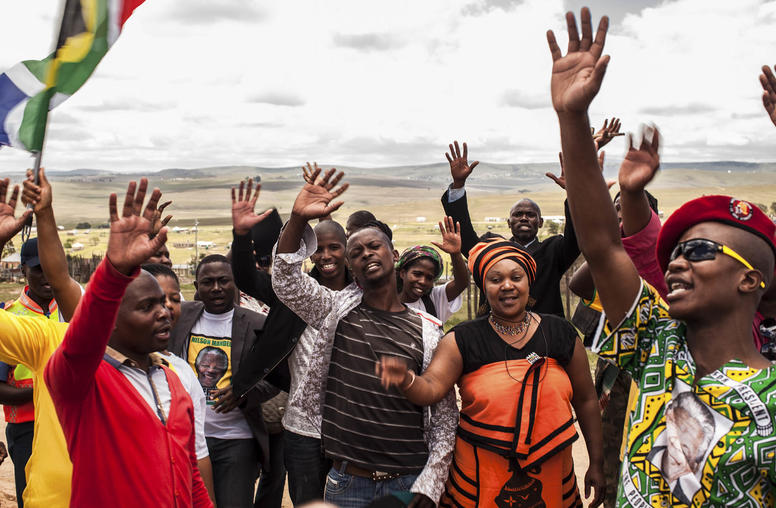
How Nelson Mandela’s Legacy Still Resonates for Youth Movements
As December marks 10 years since the passing of Nelson Mandela, an icon of 20th-century struggles for justice and peace, a new generation of activists is building from his legacy to counter our 21st-entury crises of rising global violence. Among the signs of Mandela’s vital relevance for us now is a global, online conference to bolster nonviolent social action in pursuit of justice and peace that opens December 7, hosted by the Stanford University-based World House Project with partner groups from South Africa, India, Mexico and elsewhere.
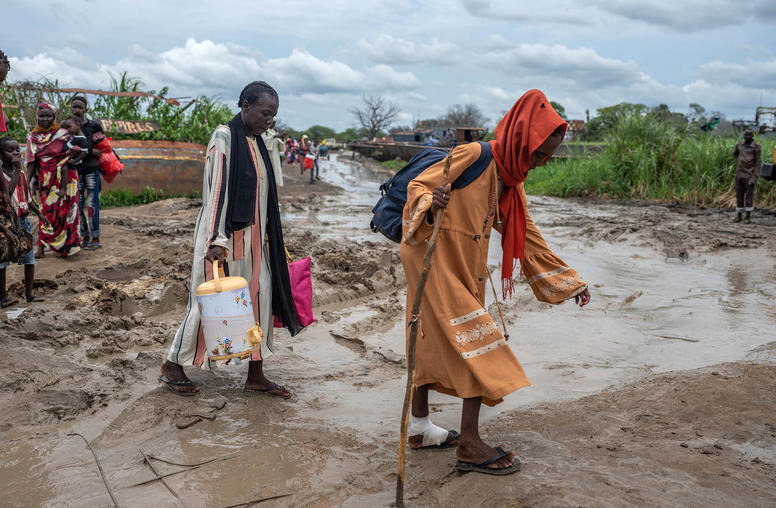
Civil War Pushes Sudan to the Brink of Humanitarian Disaster
Away from the headlines dominated by the wars in Gaza and Ukraine, a civil war between Sudan’s military and the paramilitary Rapid Support Forces (RSF) is pushing the country to the brink of a humanitarian catastrophe. As an allegedly genocidal RSF gains the upper hand, a U.N. official has warned that Sudan is “facing a convergence of a worsening humanitarian calamity and a catastrophic human rights crisis.”
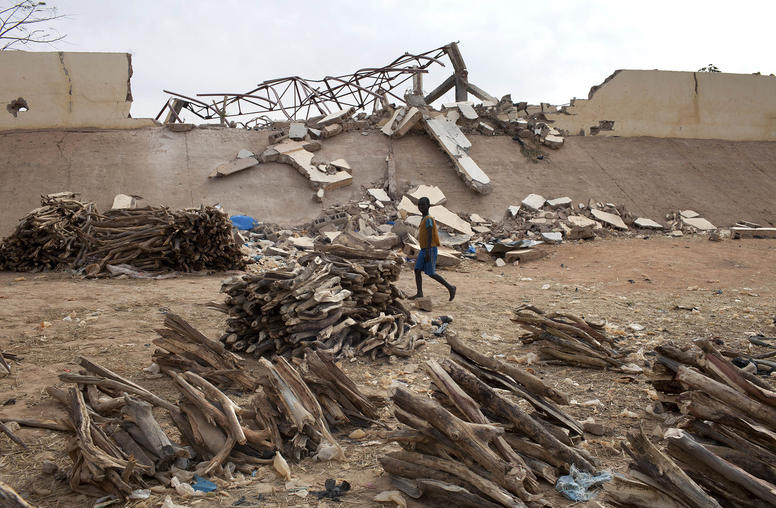
For Peace in the Sahel, Can the U.S. Work with Algeria?
Amid the Sahel region’s crises — a continent-spanning web of communal and terrorist insurgencies and eight coups d’etat since 2020 — U.S. and European attention is focused elsewhere: on Russia’s invasion of Ukraine, China’s expanding global influence and the Israel-Palestine conflict. But an opportunity to promote stabilization in the Sahel, notably in Mali and Niger, could be U.S. collaboration with Algeria. Algeria shares borders with those violence-stricken states, and also the U.S. desire to help stabilize them and their Sahel neighbors. A first question for any joint U.S-Algerian engagement is whether the two countries’ visions for Sahel stability, particularly in Mali and Niger, are aligned or contradictory.